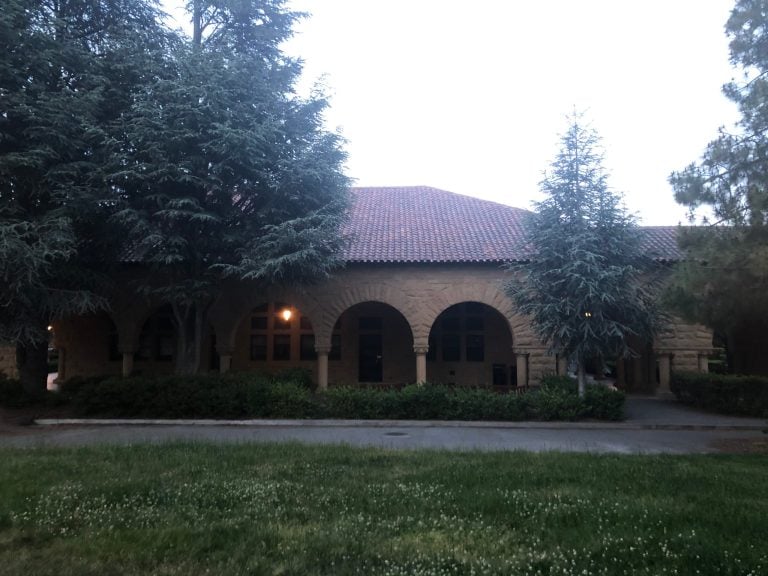President Marc Tessier-Lavigne once again sidestepped the question of African and African American Studies (AAAS) departmentalization in a June 30 letter addressing racial justice. This letter proposed a plan to study the “most effective structure” to support race and ethnicity studies.
This is the most recent example of Stanford’s continued failure to support AAAS. As an Editorial Board, we strongly urge the University to reconsider this decision and immediately begin the process of departmentalization. The University should formalize its commitment to Black Studies by proposing a clear path to make AAAS a department in the next five years.
The administration’s decision to not begin departmentalization was made without consulting either AAAS students or faculty, and it fails to honor the explicit recommendations of the Black Graduate Students Association (BGSA), the Black Student Union (BSU) and over 5,000 individuals who signed a BGSA and BSU circulated petition.
It also does not consider years of requests from students and scholars alike. In 1979, Professor Sylvia Wynter, the Director of AAAS at the time, wrote to Dean Halsey Royden to highlight the “glaring deficiencies” in AAAS’s program. In October 2019, Professor Allyson Hobbs, the former Faculty Director of AAAS, published an open letter to the University describing the “teaching and advising crisis” faced by the program and calling for a “cluster hire” to combat understaffing, speaking to many of the same deficiencies that Wynter delineated.
Notably, in the same letter announcing that the departmentalization of AAAS would be studied, administrators announced the creation of three new initiatives: the IDEAL Program to support early-career research on race and ethnicity, the Impacts of Race in America: Faculty Cluster Hire and the Center for Racial Justice at Stanford Law School. As the BGSA pointed out in their letter to the President and Provost, these proposals are both vague and fail to focus specifically on amplifying Black voices. Furthermore, it is unclear why these new initiatives were created while AAAS — which provides a place for Black-focused and Black-led research that would undeniably shed light on the questions about race in America Stanford purports to be interested in — continues to be unable to hire its own faculty and direct valuable research due to its status as a program.
Moreover, the IDEAL initiative cannot hope to succeed in advancing research in race and ethnicity without departmentalizing AAAS. As the BGSA pointed out in their letter, only 2% of Stanford faculty are Black. AAAS provides a place for Black-focused and Black-led research, and Stanford’s continual neglect of this program, as well as its inadequate response to campus activism, speaks to a larger trend of devaluing Black faculty, students and scholarship at the University.
Stanford frequently compares itself to Harvard, Yale and Princeton when describing its academic programs. These schools, however, all have well-funded AAAS departments, as do Stanford’s California peers at the University of California, Berkeley and the University of California at Los Angeles. The University cannot hope to be competitive in recruiting Black scholars from these other universities when such a large gap in institutional support persists.
The validity of Black Studies as a discipline should not be up for debate. Yet it is continuously undervalued at Stanford. Combine this most frequent failure to comply with faculty and student wishes to departmentalize AAAS with the consistent underfunding of the King Institute, and it is clear where the administration’s priorities do not lie.
If the University wants to be a national leader in the study of race, it must substantiate support for the Black scholars who call this university their home and immediately begin departmentalizing AAAS.
The summer Editorial Board consists of Claire Dinshaw ’21, Layo Laniyan ’22, Elizabeth Lindqwister ’21, Adrian Liu ’20, Patrick Monreal ’22, Megha Parwani ’21 and Cooper Ryan Veit ’22.
Contact the Editorial Board at opinions ‘at’ stanford.edu.
The Daily is committed to publishing a diversity of op-eds and letters to the editor. We’d love to hear your thoughts. Email letters to the editor to eic ‘at’ stanforddaily.com and op-ed submissions to opinions ‘at’ stanforddaily.com.
